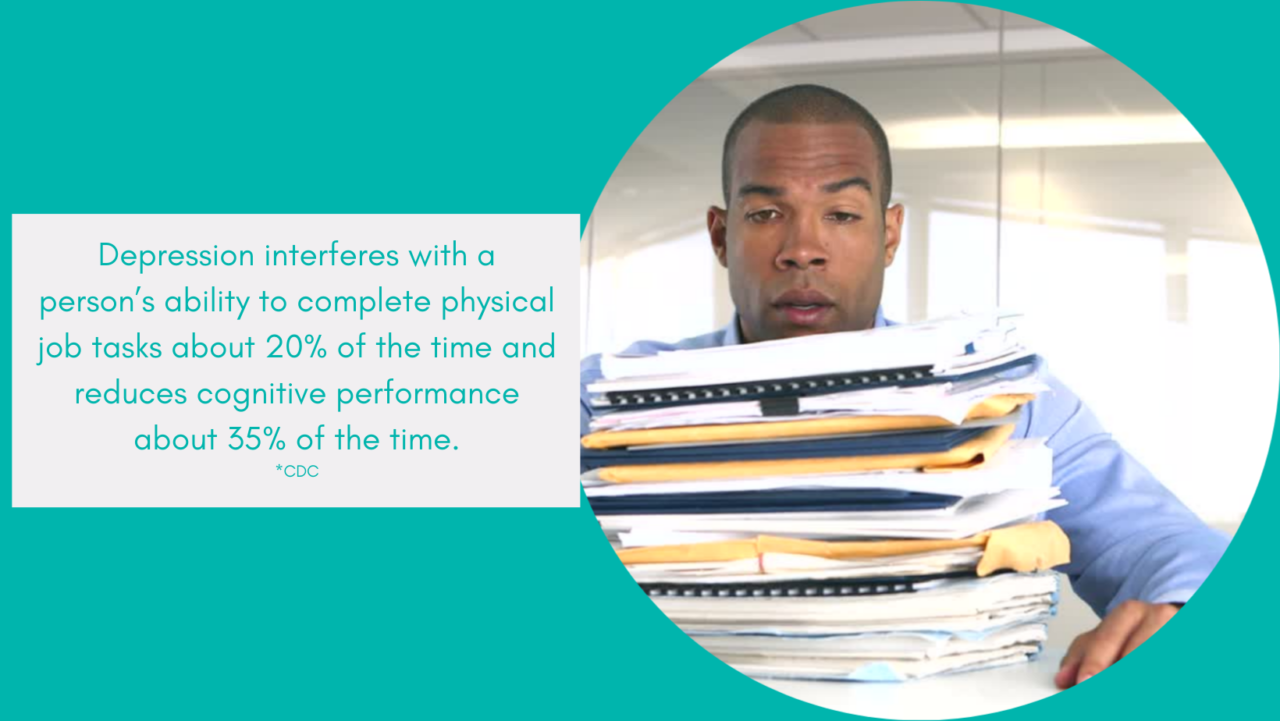

- Reduces stigma. Knowledge trumps discrimination. Learning about mental health awareness will challenge misconceptions and debunk myths about mental illness. Mental illness is still poorly understood in society, so the better informed you are, the better equipped you are to identify and respond to stigma. Talking about mental health at work is powerful, and you don’t have to give away your life story to do so.
- Expands mental health literacy. Mental health literacy is an essential predictor of supportive attitudes towards mental health challenges and those seeking help for themselves or others. Mental health literacy is a central component of mental health support and development.
- Increases chances of employees seeking early intervention. Studies prove that we can prevent or mitigate the effects of mental illness with early intervention that allows individuals to live fulfilling, productive lives. Some of the benefits include less treatment resistance, reduced disruptions to work, and reduced family disruption and distress.
- Teaches employees how to help a coworker. Employees learn how to recognize signs of mental health or substance use challenges in coworkers, offer and provide initial help, and guide them towards appropriate care if necessary.
- Sets a tone to model mental wellness. The best way to show employees that their health and well-being is important is to lead by example. Take the paid time off (PTO), consider sharing when you take time off to do something self-care-related, such as disconnecting from technology or spending time with family and friends.
Become Certified In Mental Health First Aid
Just as CPR helps you assist an individual having a heart attack, Mental Health First Aid helps you assist someone experiencing a mental health or substance use-related crisis. In the Mental Health First Aid course, you learn risk factors and warning signs for mental health and addiction concerns, strategies for how to help someone in both crisis and non-crisis situations, and where to turn for help.
Interventions Learned
When you take a course, you learn how to apply the Mental Health First Aid action plan in a variety of situations, including when someone is experiencing:
- Panic attacks
- Suicidal thoughts or behaviors
- Nonsuicidal self-injury
- Acute psychosis (e.g., hallucinations or delusions)
- Overdose or withdrawal from alcohol or drug use
- Reaction to a traumatic event
The opportunity to practice — through role plays, scenarios, and activities — makes it easier to apply these skills in a real-life situation.



I am interested in coming a certified trainer for Mental Health First Aid.
Hi Sherre
Please email Karen at mhfa@chcsbc.org for more information or visit https://www.eventbrite.com/o/the-center-for-health-care-services-foundation-15100327520 for upcoming classes.